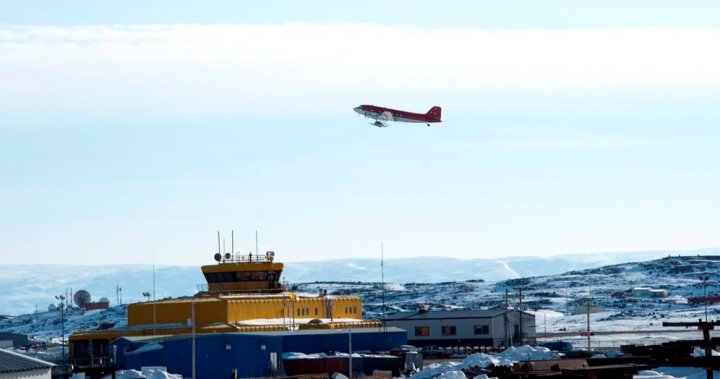Arctic security is once again in the spotlight as Russia and China turn their attention to the region. However, leaders in the North argue that Canada cannot assert its sovereignty without proper community development. The premiers of all three Northern territories believe that the federal government lacks a cohesive infrastructure plan necessary to achieve stronger Arctic security. They emphasize the need for key infrastructure, such as hospitals, telecommunications, airports, and road systems, for effective communication and access to labor markets and cost-effective food. Without proper funding and concrete plans, the goal of stronger Arctic security will be challenging to achieve. Additionally, without improved healthcare capacity, the communities in the North are vulnerable to limited resources for dealing with sickness. Furthermore, with the changing geopolitical context, increased interest and activity in the Arctic, and the impact of climate change, the federal government must take more action in the North, as advised by a Senate report released in June. In response to Russia’s aggressive presence in the Arctic, the United States has updated its Arctic strategy, focusing on increased military presence. China has also expressed interest in the region and has proposed the development of a “Polar Silk Road.” The recent incident involving a Chinese spy balloon drifting through Canadian and U.S. airspace has further heightened the conversation about infrastructure development in the North, with policymakers realizing the existing gaps. However, urgent action is needed from the federal government to address the need for housing and other essential infrastructure. The University of Calgary Research Associate and Canadian Northern Corridor Program researcher, Katharina Koch, agrees with the premiers’ criticisms, stating that Canada lacks an integrated Arctic strategy, unlike other G7 nations. Koch emphasizes the importance of access to basic services like education, healthcare, and clean drinking water for Northern residents, as it contributes to Canada’s goal of establishing security and projecting sovereignty in the Arctic. Koch also highlights the need for improvement in broadband internet access, as the digital divide severely limits growth potential and economic viability in the North. There have been some positive developments, such as the construction of the Dempster Fibre Line and the announcement of $7 million in support for the Kivalliq Hydro-Fibre Link. However, additional investment is still required to address energy security and climate change in the Arctic. Local engagement is crucial in the decision-making process, as Ottawa often lacks knowledge of Northern communities’ needs and fails to consult with residents. In order to prioritize Arctic safety and sovereignty, Canada must actively engage with Northern communities and listen to their concerns and suggestions.
Denial of responsibility! VigourTimes is an automatic aggregator of Global media. In each content, the hyperlink to the primary source is specified. All trademarks belong to their rightful owners, and all materials to their authors. For any complaint, please reach us at – [email protected]. We will take necessary action within 24 hours.


